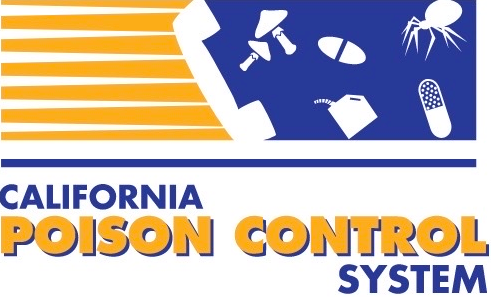Suicide is one of the leading causes of death in the United States. According to the Centers for Disease Control (CDC), 1.6 million Americans attempted suicide in 2022, resulting in 49,476 deaths. That is 1 death every 11 minutes. The number of people who think about or attempt suicide is even higher. Poisoning, including drug and non-drug poisoning, is the third leading means of suicide deaths. However, by raising awareness, reducing the stigma around suicide and encouraging well-informed action, we can reduce the instances of suicide.

Common Warning Signs
Sometimes suicide can seem sudden, but in many cases, there are signs and symptoms that someone is considering it. The signs may appear in conversations, through their actions, or mood. Knowing the warning signs for suicide and how to get help can help save lives. Signs that someone is thinking about suicide may include the following.
Talking about:
- Being a burden to others
- Great guilt or shame
- Wanting to die
Feeling:
- Empty, hopeless, trapped, or having no reason to live
- Extremely sad, more anxious, agitated, or full of rage
- Feeling like they are a burden to others
- Unbearable emotional or physical pain
Changes in behavior or mood:
- Changes in eating or sleeping patterns
- Giving away prized possessions
- Increased alcohol or drug use
- Planning or researching ways to kill themselves, such as searching for lethal methods online, stockpiling pills, or buying a gun
- Putting affairs together, such as making a will
- Saying goodbye to friends and family
- Taking dangerous risks that could lead to death, such as driving extremely fast
- Withdrawing from family, friends, or community
If these warning signs apply to you or someone you know, get help as soon as possible, particularly if the behavior is new, has increased, or seems related to a painful event, loss or change. Contact the 988 Suicide and Crisis Lifeline. Trained counselors are available 24 hours a day, 7 days a week, 365 days per year.
Five Action Steps for Helping Someone in Emotional Pain or Crisis
- Ask: Asking the question “Are you thinking about suicide?” communicates that you’re open to speaking about suicide in a non-judgmental and supportive way. Listen carefully and learn what the individual is thinking and feeling.
- Be There: This could mean being physically present, speaking with them on the phone, or any other way that shows support for the person at risk. Being there for someone with thoughts of suicide is lifesaving.
- Keep Them Safe: Reducing a suicidal person’s access to lethal items or places is an important part of suicide prevention. While this is not always easy, asking if the at-risk person has a plan and removing or disabling the lethal means can make a difference.
- Help Them Connect: Connecting them with ongoing supports such as the 988 Lifeline and resources in their community can help establish a safety net for those moments they find themselves in a crisis. Save the 988 Suicide & Crisis Lifeline number (call or text 988) in your phone so they’re there if you need them.
- Follow Up: Staying in touch after a crisis or after being discharged from care can make a difference.
Suicide Can Be Prevented
Below are strategies that can help save lives.
- Dial 988 to call the Suicide & Crisis Lifeline if you’re experiencing: thoughts of suicide, any other kind of emotional distress, mental health or substance use crisis
- Keep prescription and over-the-counter medicines locked in a safe place
- Know what medicines you have and how much you have of each
- Limit the amount of medicines someone has access to in the home
- Discuss medicine safety with teens who self-administer medication
- Dispose of expired or unused medicine at take back events, pharmacies, and local police stations
- Store alcohol, potential poisons, and hazardous products in locked cabinets
- Educate children and teens about safe alcohol use
- Be aware of hidden alcohols in other household products (mouthwash, hand sanitizer, rubbing alcohol, etc.)
- Call the Poison Helpline at 1-800-222-1222 if you suspect self-harm by poisoning
Are You or Someone You Know in Crisis?
You are not alone, and help is available. Contact the 988 Suicide and Crisis Lifeline if you are experiencing mental health-related distress or are worried about a loved one who may need crisis support. Connect with a trained crisis counselor. 988 is confidential, free, and available 24/7/365.
- Call or text 988
- Chat at 988lifeline.org



